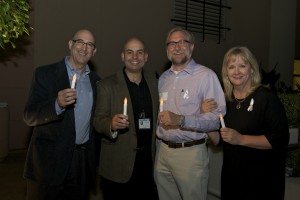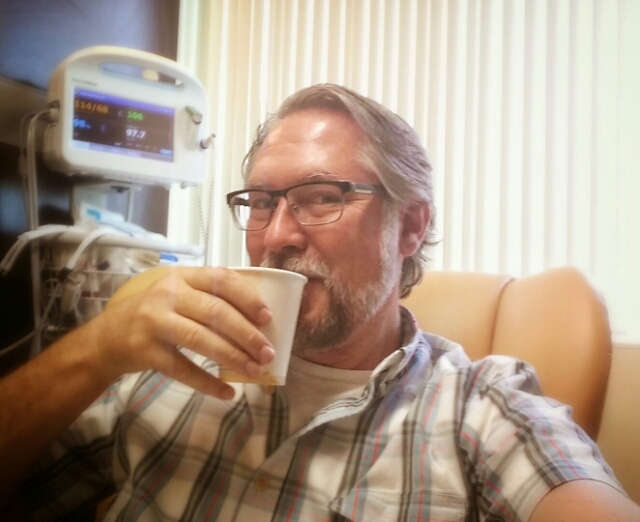I’ve heard a lot lately about fears that a conspiracy is being perpetrated by the pharmaceutical industry and the government to keep natural cancer cures (and natural or holistic care in general) away from patients. It makes for a dramatic story with lots of Hollywood appeal, but examining the accusations leads down a more insidious path. To get there and understand the full extent of the problem, we need to step back and look at a range of sub-industries within the healthcare umbrella, what they provide and how they intertwine. We also need to understand some basics about statistics and probability that will clarify what some of the facts surrounding this conspiracy really mean. [And when you are done reading this, please continue on with the next chapter in this ongoing series.]
Supplementing the Truth
To begin with, let’s examine the hugely profitable supplements industry (mentioned in Forbes’ SportsMoney column as one of the fastest growing industries in the world). “Natural health” advocates and self-proclaimed gurus often have their own supplement brands which they sell as part of treatment plans pushed on their web sites, or they have affiliate arrangements with a brand that they offer as being somehow superior to other brands. The supplement industry has grown from the notion that manufactured (or synthetic) vitamins could be used to supplement areas in the diet where a person was not able to consume adequate quantities to be healthy. In an indirect way, it can be traced back hundreds of years to the discovery that citrus fruit — particularly lemons — could prevent sailors from getting scurvy. It turned out that scurvy was a disease caused by a Vitamin C deficiency. By “supplementing” this vitamin, the disease could be avoided. Continue reading Myth of the Wellness Warrior, Part 2: Supplements, Denial and the Birthday Problem



